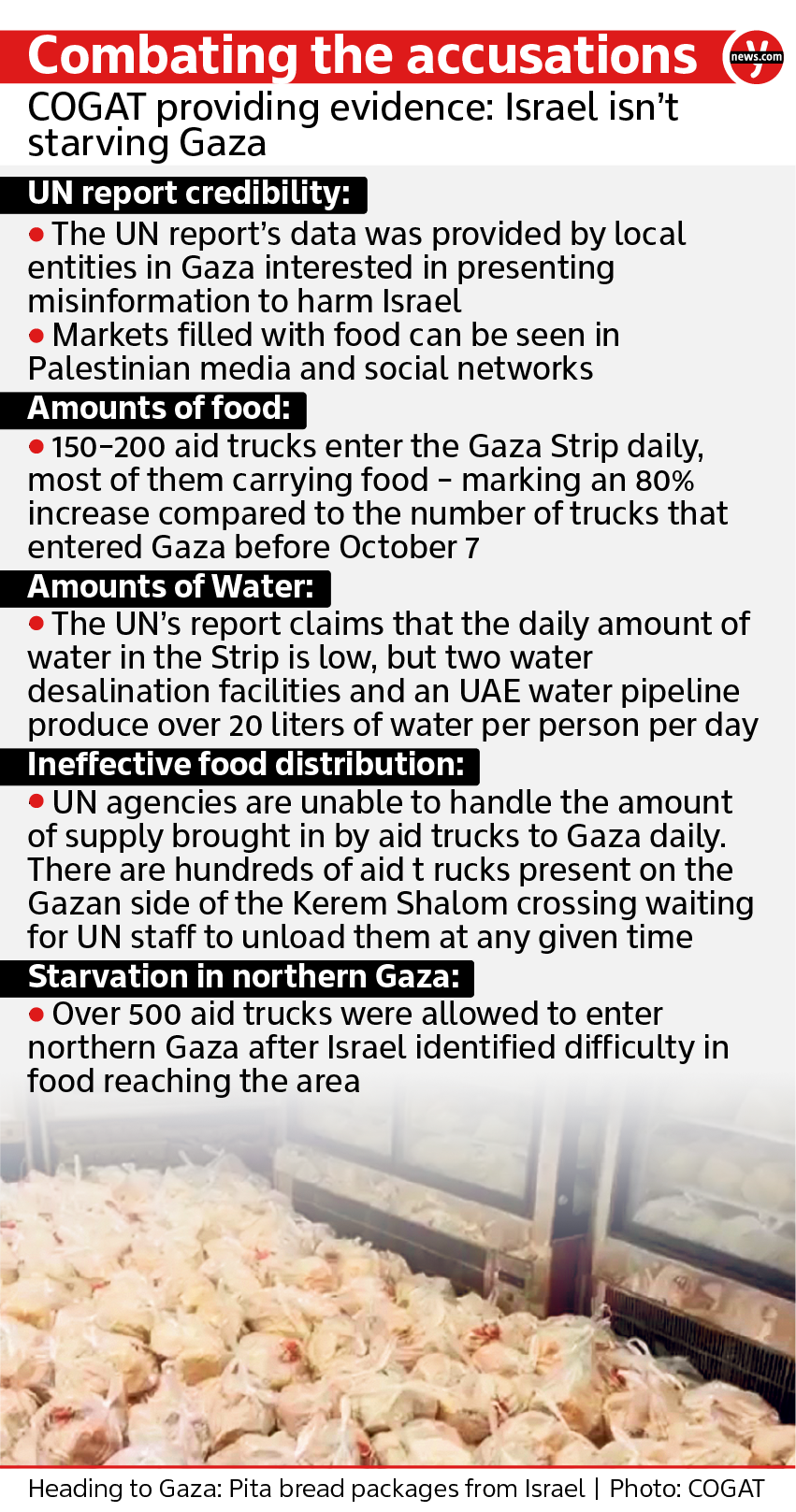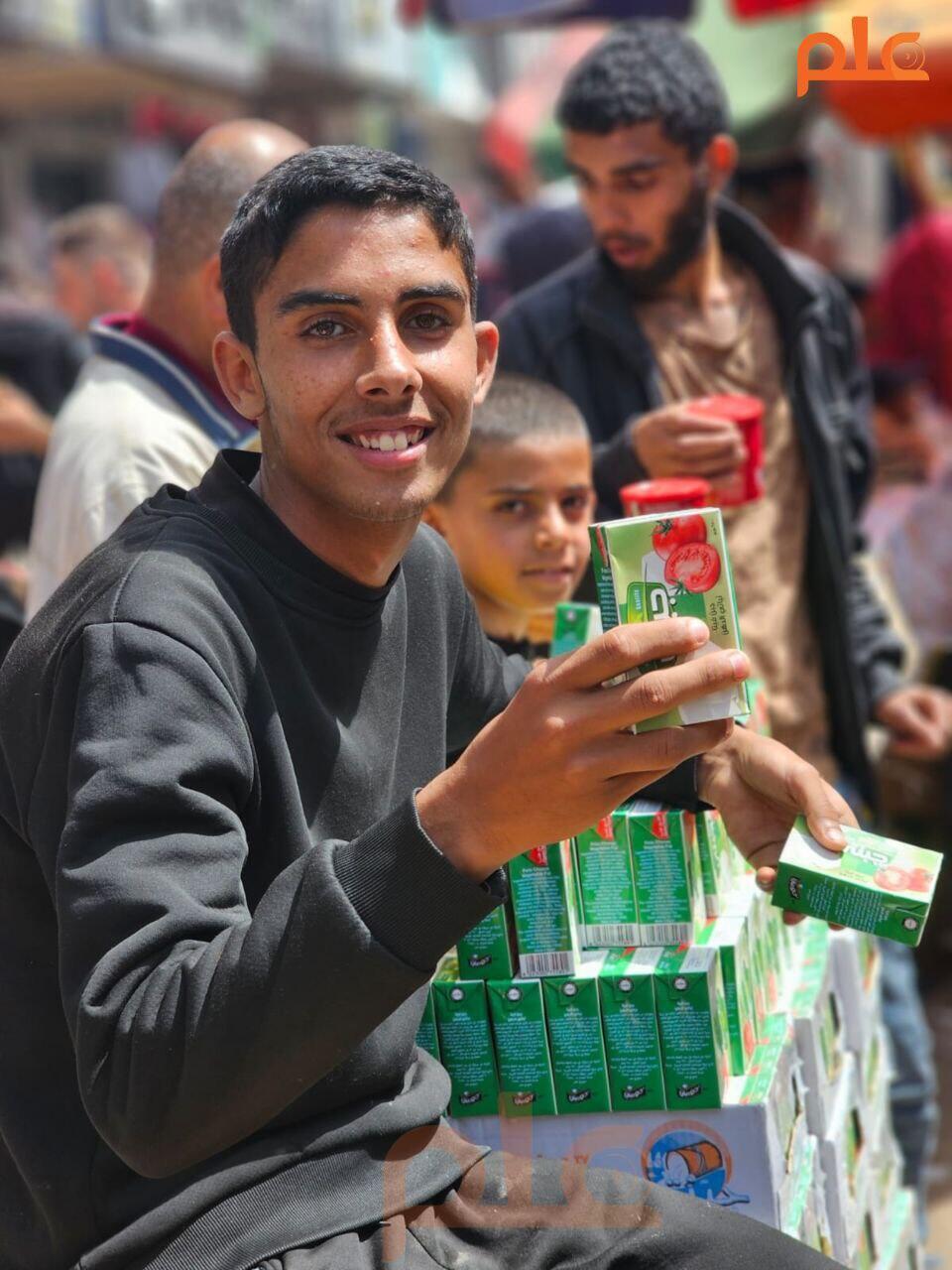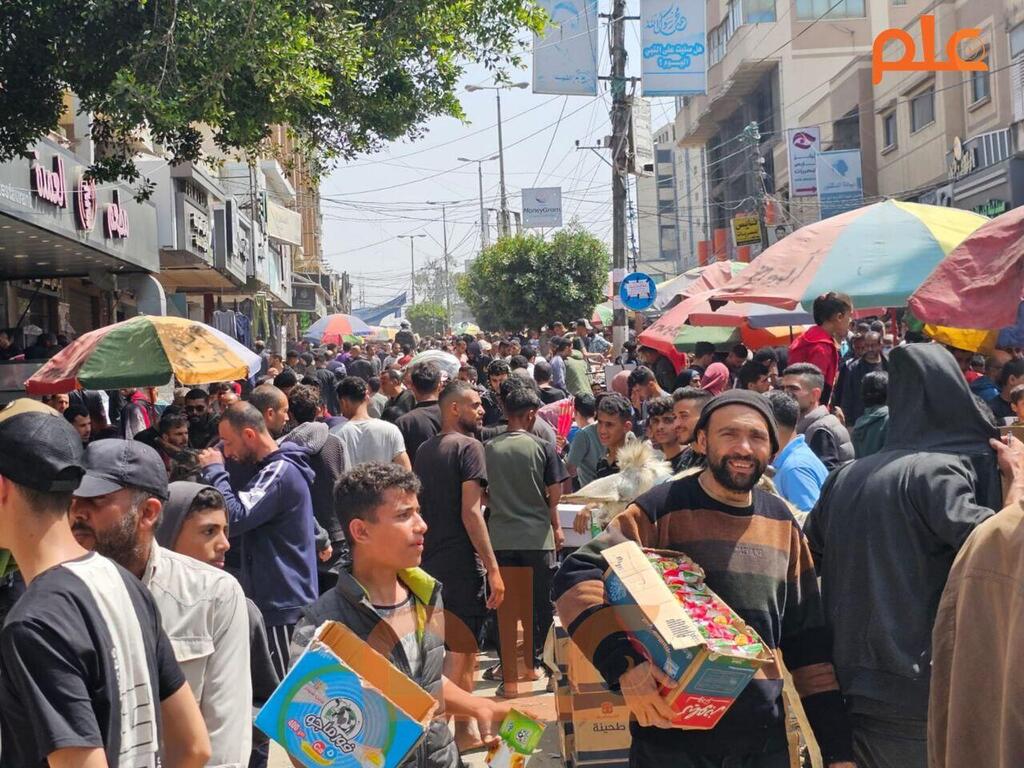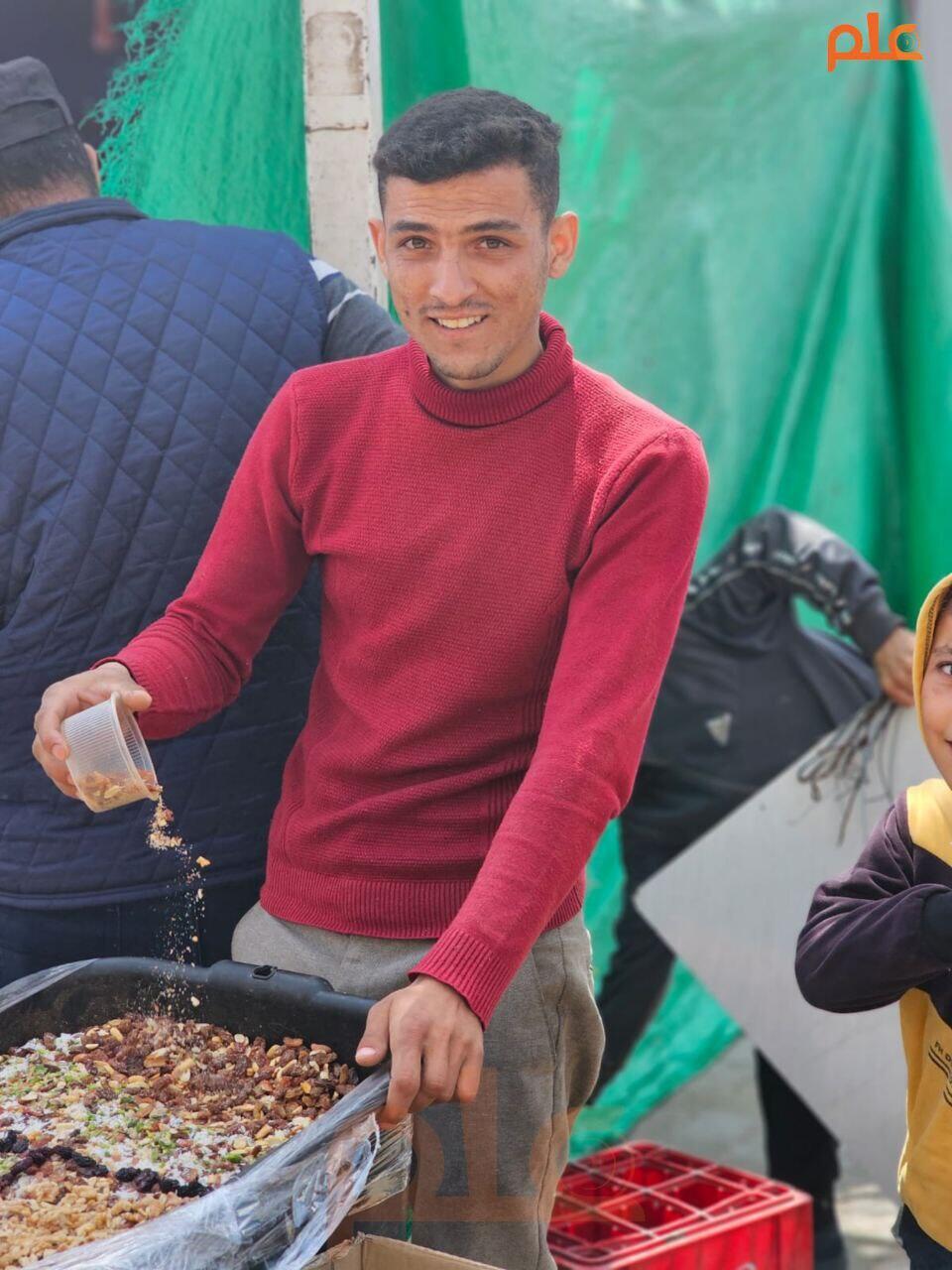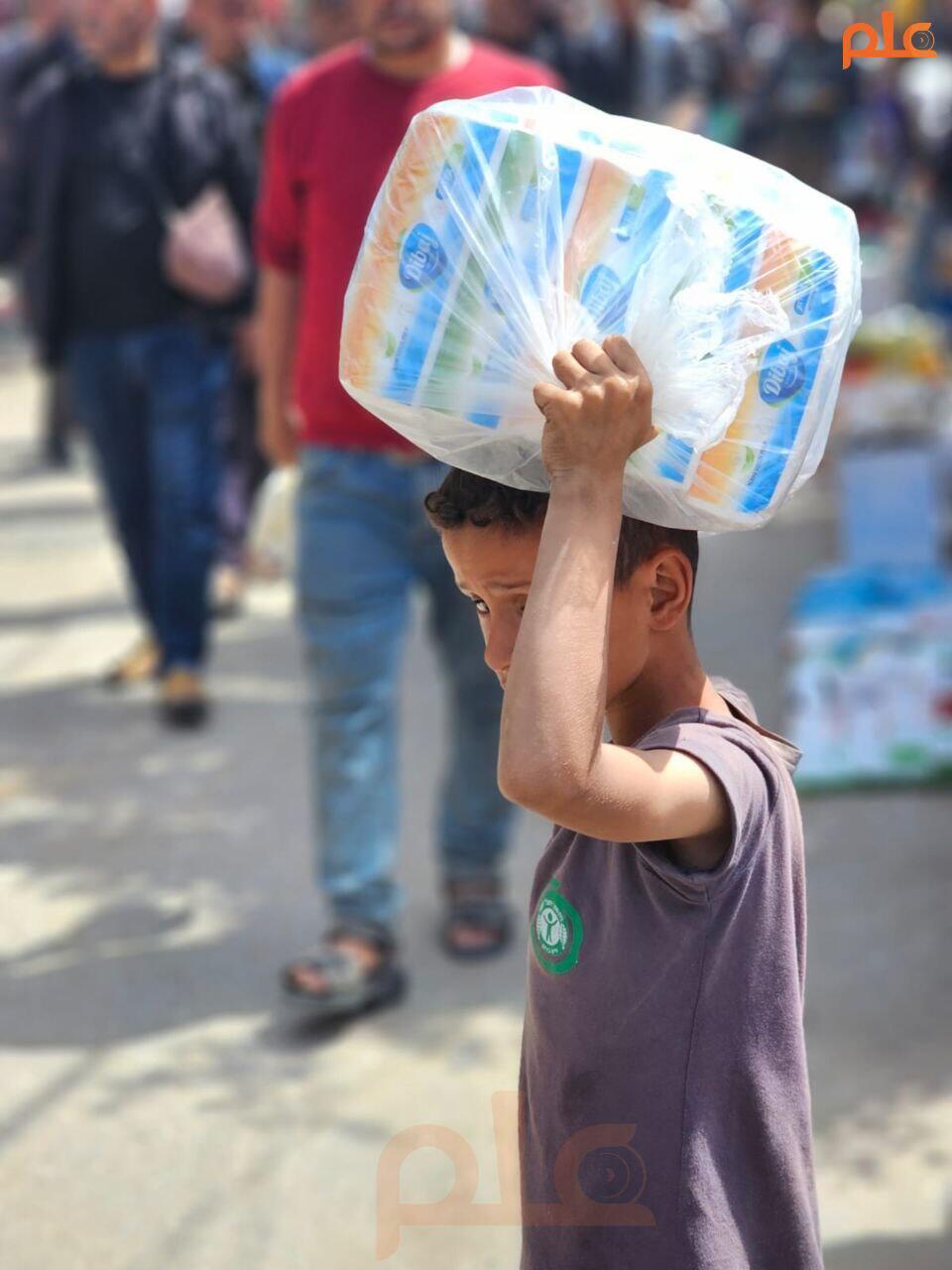Getting your Trinity Audio player ready...
Against the backdrop of accusations against Israel of provoking famine in Gaza, which were refuted in a report by the Coordinator of Government Activities in the Territories (COGAT) on Sunday, Hamas reduced taxes on market goods, prompted by the increased and protected flow of aid and food into the territory, according to an Israeli security source.
Alongside reports of damage to Gaza's infrastructure and power outages caused by the war, Hamas has been trying to bolster Gaza's famine narrative around the world in recent weeks. Hamas has sought to amplify a famine narrative globally in recent weeks. However, social media posts in the past week have noted price drops in Gaza's markets.
Hamas' government emergency committee announced a price update for food products in northern Gaza's Jabaliya starting Monday. For instance, a kilo of flour, previously 30 shekels, will now cost 10 shekels. Canned goods will be sold for five shekels instead of 10, and a pre-cooked meal will cost 10 shekels.
The Popular Resistance Committees, a body comprising Hamas and allied terrorist factions, has been authorized to monitor market prices and ensure goods entering Gaza reach their destinations. Gazan merchants explained, "an average family can now buy products for a hearty meal with 100 shekels, compared to 200 shekels required for such a meal just a few days ago."
In response to reports of Hamas cutting taxes on products to lower market prices, Israel contends this is an attempt to deny Israeli humanitarian efforts and perpetuate the famine narrative.
"Recent online footage shows an influx and congestion in markets," a security source said. "Given Israeli efforts to increase aid channels to Gaza, the price drops can be attributed to the surplus of goods in the markets, especially in the southern Strip."
According to COGAT, since the war's outbreak, over 19,000 aid trucks have entered Gaza through the Rafah and Kerem Shalom crossings, including more than 240,000 tons of food and 27 tons of water. Moreover, Israel supplies millions of liters of water daily through two lines in southern and central Gaza. To date, more than 2,700 trucks have entered Gaza, carrying shelter supplies and tents.
COGAT highlights that Israel facilitates the entry of medical supplies. Since the war began, over 19,840 tons of medical equipment and hygiene products have been transferred. Medical responses are provided based on the operational hospitals in northern and southern Gaza, and Israel collaborates with international organizations to assess and supply these medical institutions.
After 12 UN agencies and aid organizations published a report accusing Israel of causing a famine in Gaza, COGAT chief Major General Ghassan Alyan, issued a rebuttal report refuting the sweeping accusations against Israel on food security, pointing out significant factual and methodological gaps in the UN report.
According to the COGAT report, 150–200 aid trucks enter Gaza daily, the majority being food trucks, representing an 80% increase compared to the average daily food trucks entering Gaza before October 7. Additionally, Israel has enabled the opening and operation of additional routes for humanitarian aid to the Gaza Strip - a sea route, airdrops and aid packages in collaboration with several countries.
UN agencies and aid organizations operating in Gaza are unable to cope with the volume of supplies brought in by trucks every day, with hundreds of trucks waiting on the Gazan side of the Kerem Shalom crossing for distribution by aid bodies at any given moment.




